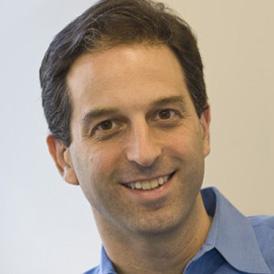
Ron Weiss is Professor in the Department of Biological Engineering and in the Department of Electrical Engineering and Computer Science at the Massachusetts Institute of Technology, and is the Director of the Synthetic Biology Center at MIT. He is also the Principal Investigator of the MIT Center for Integrative Synthetic Biology established and funded in September of 2013 as part of the NIH-NIGMS national centers for systems biology (cisb.mit.edu). He received his PhD from MIT in 2001 and held a faculty appointment at Princeton University between 2001 and 2009. His research focuses primarily on synthetic biology, where he programs cell behavior by constructing and modeling biochemical and cellular computing systems. A major thrust of his work is the synthesis of gene networks that are engineered to perform in vivo analog and digital logic computation. He is also interested in programming cell aggregates to perform coordinated tasks using cell-cell communication with chemical diffusion mechanisms such as quorum sensing. He has constructed and tested several novel in vivo biochemical logic circuits and intercellular communication systems. Weiss is engaged in both hands-on experimental work and in implementing software infrastructures for simulation and design work.
For his work in synthetic biology, Weiss has received MIT’s Technology Review Magazine’s TR100 Award (“top 100 young innovators”, 2003), was selected as a speaker for the National Academy of Engineering’s Frontiers of Engineering Symposium (2003), and received the E. Lawrence Keyes, Jr. / Emerson Electric Company Faculty Advancement Award at Princeton University (2003). In addition, his research in Synthetic Biology was named by MIT’s Technology Review Magazine as one of “10 emerging technologies that will change your world” (2004). He was chosen as a finalist for the World Technology Network’s Biotechnology Award (2004), and was selected as a speaker for the National Academy of Sciences Frontiers of Science Symposium (2005). Over the last few years, Weiss has had several major publications in journals such as Nature, Nature Biotechnology, Science and PNAS.
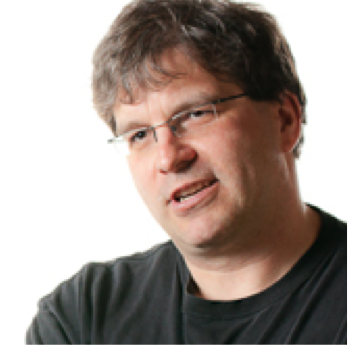
Vincent Martin is currently Professor of Biology and University Research Chair at Concordia University. In 2012 he co-founded and now co-directs CASB, Canada’s only Centre for Applied Synthetic Biology. Following a postdoctoral fellowship with Jay Keasling at the University of California Berkeley, the Lawrence Berkeley National Laboratory recruited Vincent as a staff scientist. The same year he co-founded Amyris Inc, the first biotech company inspired by the promise of synthetic biology. Vincent returned to Canada soon after to accept his Canada Research Chair in Microbial Genomics and Engineering and the same year he was awarded the Petro Canada Young Innovators award for contributions to his field. At Concordia, Vincent has been developing a truly unique research program in synthetic biology. In 2009, funded by Genome Canada, he launched the PhytoMetaSyn project, the first Canadian large-scale project in the field of synthetic biology. In 2014 he was elected member of the Royal Society of Canada, College of New Scholars, Artists and Scientists. Vincent earned his BSc from McGill University, MSc from the University of Guelph and a PhD in Microbiology from the University of British Columbia.
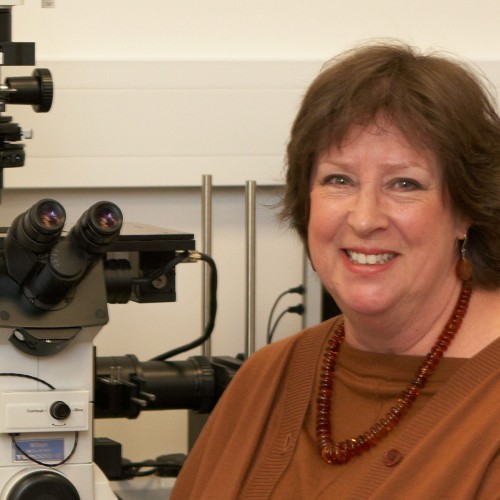
Judy Armitage is a bacteriologist interested in bacterial motility and its control by chemosensory signals. She did both her first and second degrees in Microbiology at UCL and after a personal Lister Fellowship moved to Oxford as a lecturer in Biochemistry, becoming a professor in 1996. Her work on flagella rotations is a long term collaboration with the biophysicist Richard Berry and used a wide range of in vivo biophysical approaches. Her work on chemotaxis centres on the signalling and adaptation by the two separate pathways of the bacterium Rhodobacter sphaeroides and the mechanisms by which the signals are integrated to produce a balanced response at the single flagellar motor. These chemotaxis studies combine in vivo molecular genetics and behavioural analyses and in vitro biochemistry and model development with mathematical biologists and engineers, including Marcus Tindall, Philip Maini and Antonis Papachristodoulou. She was director of the BBSRC Oxford Centre for Integrative Systems Biology and is a Member of EMBO, a Fellow of the European and American Academies of Microbiology, the Royal Society of Biology and a Fellow of the Royal Society.
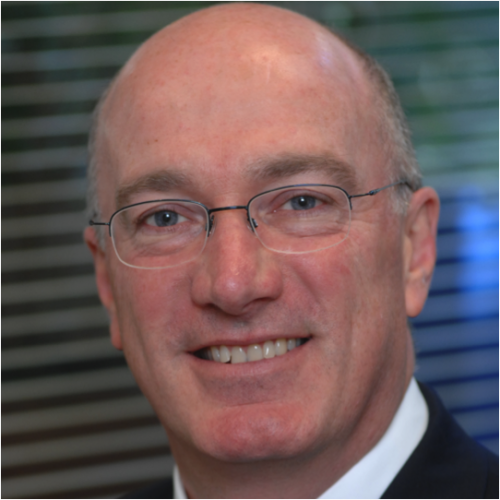
Quentin Compton-Bishop is responsible for research commercialisation and technology transfer at the University of Warwick and manages the University’s spinout equity portfolio. He also is the lead director of the Warwick Enterprise Partnership which supports and promotes enterprise amongst students, staff and the university community. Prior to Warwick Ventures, he was a co-founder and CEO of a number of technology start-ups, including P2i and RolaTube Technology, both materials-engineering businesses. His earlier career included software, telecommunications and renewable energy companies. He is a director or board observer of several Warwick spin-out companies and a trustee of the Sustainable Energy Academy and the Levantine Heritage Foundation.

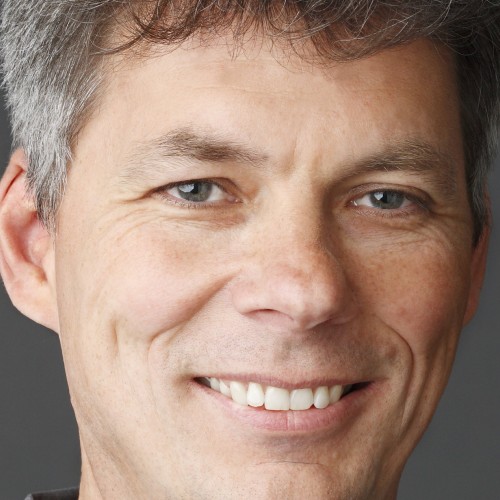
As DNA2.0’s Co-Founder and CCO, Claes’ main focus is to connect the DNA2.0 technology with commercial applications in need of data driven bioengineering. Prior to founding DNA2.0 in 2003, Claes built the bioinformatics team at Maxygen, engineered polyketide synthases at Kosan, and did postdocs at University of California, Santa Cruz and University of California San Francisco studying translation. Claes received his PhD in 1992 from University of Umeå, Sweden and holds ~40 US patents.
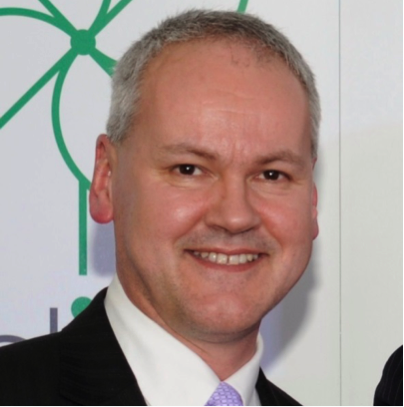
Jeremy Shears is Global Manager of the Biodomain group in Shell’s Innovation & New Energy Technology division. He is responsible for leading Shell’s R&D in bioscience, advanced biofuels & hydrogen mobility at centres in UK, Netherlands, Germany and USA. He holds a PhD in Biochemistry from the University of Bristol. Jeremy joined Shell in 1986 and has held various commercial and technology management positions in the UK, Belgium, United Arab Emirates and Singapore, covering a variety of business areas including chemicals, fuels, lubricants and product safety.
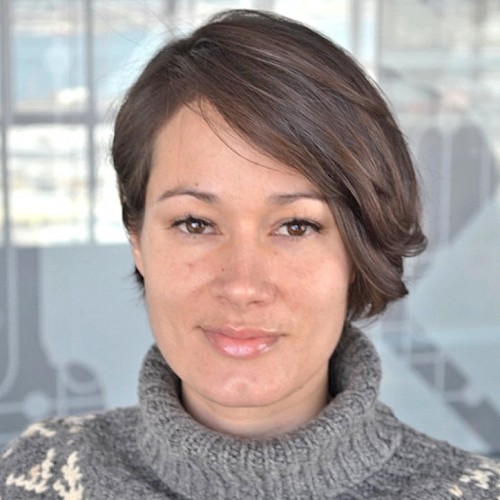
Brynne Stanton joined Ginkgo Bioworks in January 2014. At Ginkgo, Brynne focuses on the development of chassis strains and genome engineering tools in a variety of eukaryotic hosts, and is frequently involved in both genome and pathway engineering to produce high value products. Prior to joining Ginkgo, Brynne was a postdoctoral associate under Chris Voigt in the Dept. of Biological Engineering at MIT, and earned her PhD in Christina Hull’s lab from the University of Wisconsin-Madison in Biomolecular Chemistry. Her primary research interests include engineering biology to produce valuable chemicals and materials, as well as building out complex pathways in a broad range of hosts spanning from microbes to mammals.
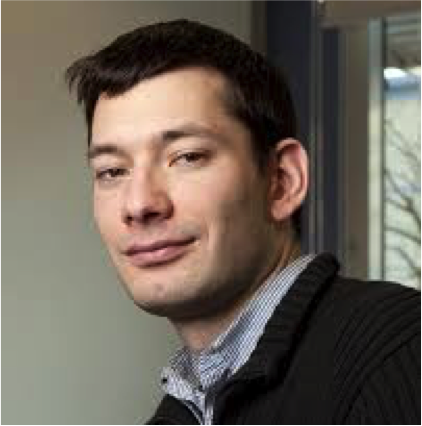
Boyan Yordanov pursued a BA with a double major in biochemistry and computer science at Clark University and in 2005 he joined the postgraduate program of Boston University’s Biomedical Engineering Department. As part of his PhD studies, he focused on the analysis and design of synthetic gene networks through hybrid system modelling and formal verification techniques. In 2011, he joined the Biological Computation Group at Microsoft Research as a post-doctoral scientist, working on characterization methods for biological circuits and SMT-based analysis strategies for reasoning about biological computation. Boyan became a permanent member of the Computational Science Laboratory at Microsoft Research in 2014, continuing to develop and apply methods for understanding and programming biological computation.

Jason is Head of Synthetic Biology in Syngenta’s Global R&D organisation, leading multiple cross-disciplinary projects and external collaborations developing innovative technologies for agriculture. Jason has driven the use of biotechnology in Syngenta’s Crop Protection R&D pipeline, and has led the integration of new technologies such as RNAi and Synthetic biology.
Experienced in leading techno-commercial projects from conception to delivery, Jason also supports corporate due diligence and venture capital exercises for Syngenta, and sits on the Scientific/ External Advisory Boards for a number of start-ups and academic research centers.
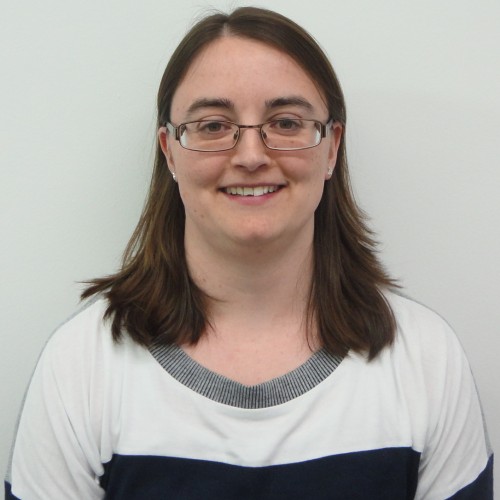
Liz Jenkinson has a BSc in Molecular Genetics (Sussex), a PhD in Biology (York) and joined Green Biologics Ltd in 2007 as a senior research scientist. Since 2014 she has headed up the strain development group and currently directs GBLs efforts in generating advanced Clostridial microbes for the production of solvents through the ABE (acetone, butanol, ethanol) fermentation pathway. GBLs first bio-butanol / acetone plant, based in Minnesota, is due to come online in late 2016. Recent breakthroughs in Clostridial genome engineering using proprietary GBL technology (CLEAVE™) have expanded the groups remit to look beyond bio-butanol, using clostridia as chassis strains for alternative chemicals that can be produced through fermentation of renewable and sustainable feedstocks. Liz also leads on the company responsible research and innovation (RRI) strategy, is on the BIA synthetic biology committee and is a STEM ambassador with an interest in diversity and mentoring in science.
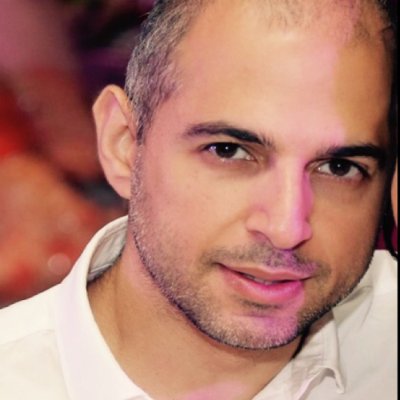
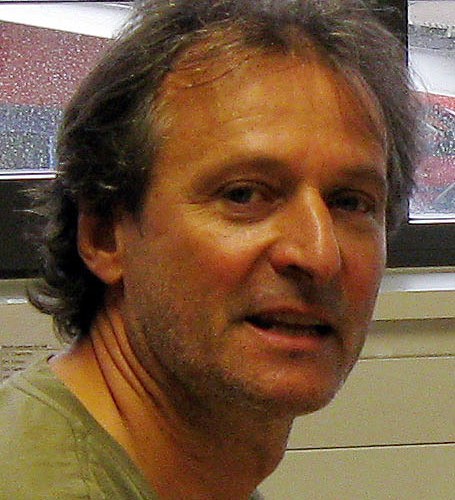
Before joining Evolva in 2007, Harald worked at several private and public research institutions. In 2005 and 2006 he was senior scientist at Myovec AG in Switzerland, a company specialized in gene therapy. From 1997 to 2004 at the University of Basel, he characterised cellular and molecular mechanisms involved in atherosclerosis development. Harald has also worked at San Raffaele Scientific Institute in Milan (1997), Italy; at Frankfurt University, Germany, in the plant stress group of Prof. Nover (1996-1997); as research scientist at the „Arbeitsgruppe für Umwelthygiene“ at Veterinary Medicine Department in Zurich (1995), Switzerland, and as post-doc in the Anatomical Institute of the University of Bern in Switzerland (1991-1995).
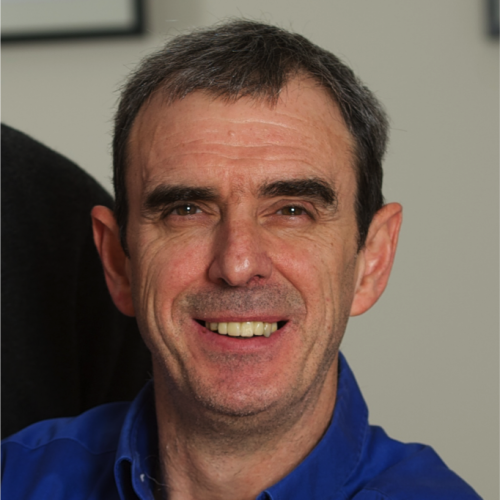
Ian Fotheringham received a B.Sc. and Ph.D. in Molecular Biology from the University of Glasgow, UK in 1986. He then joined the NutraSweet division of Monsanto in Chicago, USA, constructing microbes to produce the Aspartame® sweetener. From 1993 he continued developing large scale bioprocesses with NSC Technologies and Great Lakes Fine Chemicals. In 2003 he co-founded Ingenza, an Edinburgh, UK, based industrial biotechnology SME with a unique range of proprietary enabling technologies and now a leader in microbial strain improvement, synthetic biology, fermentation and bioprocess development. He has published 35 papers and articles and holds 11 current patents.

Anne Osbourn is a Project Leader at the John Innes Centre and Director of the Norwich Research Park Industrial Biotechnology Alliance. Her research focuses on plant-derived natural products – function, synthesis, mechanisms of metabolic diversification and metabolic engineering. An important advance from the Osbourn laboratory has been the discovery that in plant genomes the genes needed to make particular natural products are often organised in clusters like ‘beads on a string’, a finding that has greatly accelerated our ability to find new pathways and chemistries of potential importance for the development of drugs and other useful compounds. Anne has developed and co-ordinates the Science, Art and Writing (SAW) Initiative, a cross-curricular science education outreach programme (www.sawtrust.org).
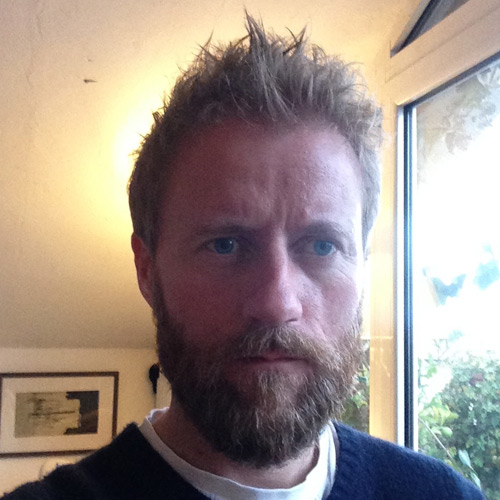
On completing his PhD Prof. Bates joined the Control and Instrumentation Research Group led by Prof. Ian Postelthwaite in the Department of Engineering at Leicester University, where he worked as a post-doctoral research associate, lecturer, senior lecturer and professor. In 2010 he was appointed to a Chair in Biological Systems Engineering in the College of Engineering, Mathematics and Physical Sciences of the University of Exeter and in 2013 he moved to the University of Warwick as Professor of Bioengineering. His research is focussed on the modelling, analysis, design and control of complex biological systems.
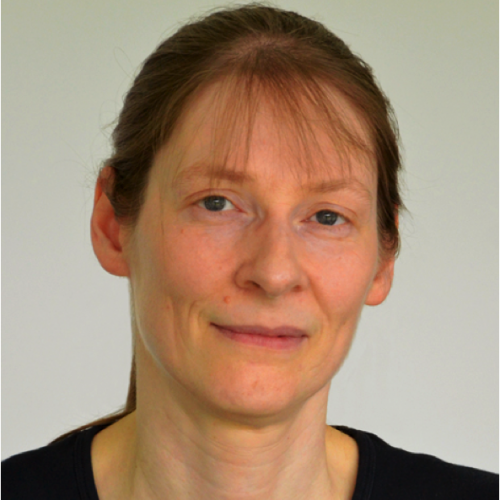
Anke Becker is Head of the Department for Comparative Genomics and Vice Director of the LOEWE-Center for Synthetic Microbiology (SYNMIKRO) in Marburg, and is a Full Professor of Microbiology at the Philipps-University of Marburg. After completing a doctorate and habilitation in microbial genetics at Bielefeld University, she was Adjunct Professor of Genetics, research group leader in the Bioinformatics Initiative, and headed the Transcriptomics Department at the Center for Biotechnology (CeBiTec) of Bielefeld University. Before joining SYNMIKRO in Marburg, she was Professor of Microbial Genetics and Systems Biology and member of the Center for Biological Systems Analysis (ZBSA) at the University of Freiburg. Her research aims at a system-level understanding of intra- and intercellular regulatory pathways to unravel design principles in microorganisms. Synthetic biology concepts are applied to reprogram natural or to engineer novel regulatory modules in bacteria. Another focus of her work is the development of technologies for genome editing and DNA assembly.
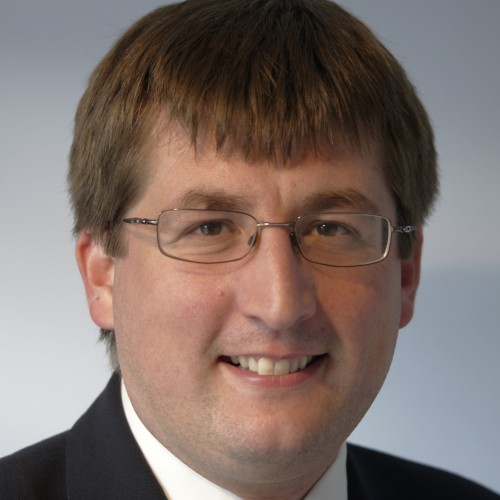
Greg Challis graduated with a BSc in Chemistry from Imperial College London and a DPhil in Organic Chemistry from the University of Oxford. He carried out postdoctoral research as a Wellcome Trust International Prize Travelling Research Fellow at Johns Hopkins University, USA, with Prof. Craig Townsend and at John Innes Centre, UK, with Prof. Keith Chater FRS. In 2001 he joined the Dept. of Chemistry at the University of Warwick and was promoted to his present position in 2006. Challis is the recipient of several awards and prizes including the Gabor Medal (2009) and a Wolfson Research Merit Award (2013-2018) from the Royal Society. He is currently a member of the editorial board for Natural Product Reports and the editorial advisory boards for the Journal of Industrial Microbiology and Biotechnology, Antibiotics and Synthetic and Systems Biotechnology. He also serves on the management board of BBSRC’s NPRONET network in industrial biotechnology and bioenergy.
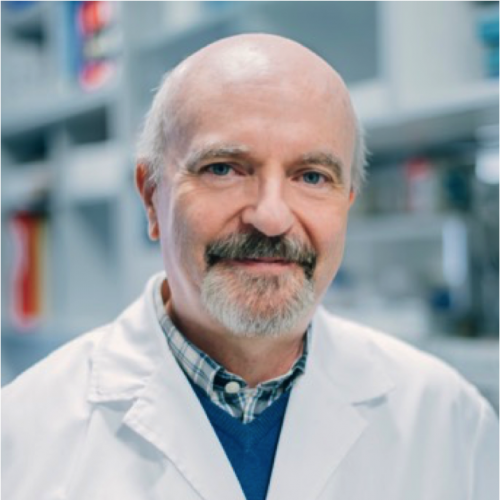
Victor is Head of Laboratory of Environmental Molecular Microbiology at the National Center for Biotechnology. He specializes in Molecular Biology and Biotechnology of soil bacteria (particularly Pseudomonas putida) as agents for the decontamination of sites damaged by industrial waste. In 2001 this work received the National Award King James I for Environmental Protection. He is a member of the EMBO (European Molecular Biology Organization) and the American Academy of Microbiology, and he has co-chaired the EC-US Working Group on Synthetic Biology. He has also Co-chaired the EC President’s Science and Technology Council. He has published over 250 articles in scientific journals and specialized books, and he has served as advisor of numerous international panels. His current work maps at the interface of Synthetic Biology with Environmental Biotechnology.
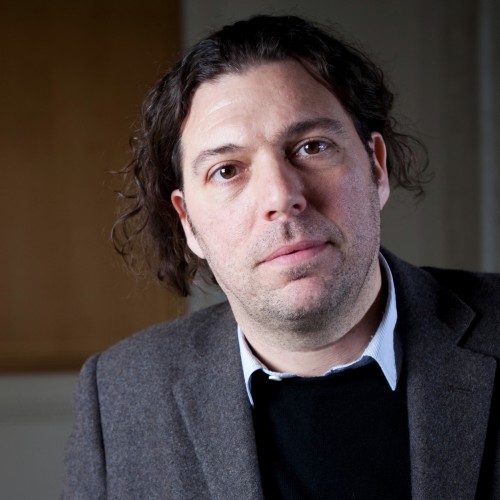
Vardis Ntoukakis completed his undergraduate studies at the Aristotle University of Thessaloniki, and went on to graduate with a PhD in Biochemistry from the Department of Botany and Sciences, University of California Riverside. He continued his career as a post-doctoral researcher at the Sainsbury Laboratory and John Innes Centre before joining the University of Warwick in 2012 as Associate Professor and a Royal Society Research Fellow. Vardis leads the WISB Research Theme 4 programme which focuses on the development of new types of synthetic control systems in which synthetic effectors (synEffectors), derived from natural effectors of plant pathogens and mutualists, can be targeted to bespoke pathways.
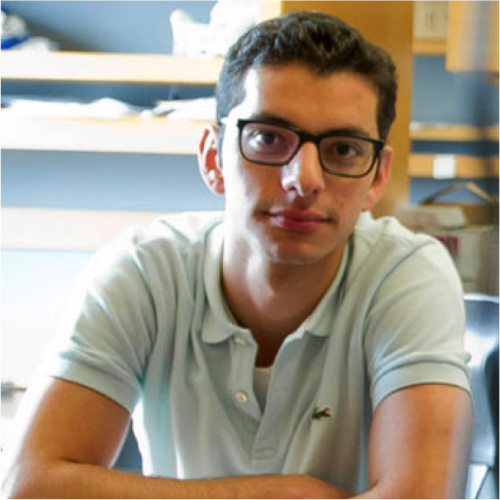
Ahmad (Mo) Khalil’s research is broadly focused on understanding how cells use molecular networks to process information and make decisions. His lab employs multidisciplinary approaches, with emphasis on synthetic biology, to explore and engineer these complex cellular systems. He is recipient of the National Science Foundation CAREER Award, and has received numerous awards for achievements in life science innovation, including a Kern Faculty Fellowship, a Wallace H. Coulter Translational Award, and a Dean’s Catalyst Award. He has also received awards for teaching excellence and was selected to attend the 2014 National Academy of Engineering Frontiers of Engineering Education. Mo was an HHMI Postdoctoral Fellow with Dr. James Collins at Boston University. He completed his Ph.D. with Dr. Angela Belcher at MIT, where he was awarded a Charles Stark Draper Laboratory Graduate Fellowship. He graduated Phi Beta Kappa from Stanford University with a B.S. in Mechanical Engineering and a minor in Chemistry.

Dr. Nick Lee is ESLA Lead at Warwick Institute for Integrative Synthetic Biology and Director of Research at the Centre for Education Research, Warwick. He is currently examining the cultural implications of, and responsible research and innovation in the field of synthetic biology. He has previously published three books addressing life, growth and change with a focus on childhood. He also works with partners across the social, medical and life sciences on topics including antibiotic resistance, climate change, childhood and innovation paying special attention to biosocial imaginations and emergent biosocial phenomena.
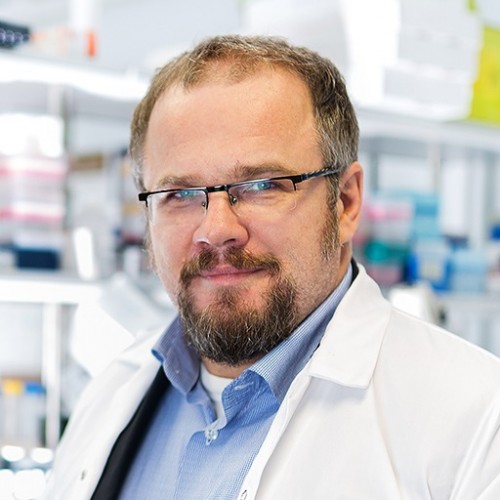

Professor Orkun Soyer heads a research group that combines systems and synthetic biology with a focus on engineering signaling and metabolic systems. He is the Co-Director of UK’s first synthetic biology doctoral training program and leads a multi-institution research program on engineering microbial communities for anaerobic digestion. Soyer graduated from Bogazici University, Istanbul, Turkey and finished his PhD at the University of Michigan, Ann Arbor, USA. After a postdoctoral position at ETH, Zurich, Switzerland, Soyer held academic positions at the Microsoft Research – University of Trento Centre for Systems Biology and University of Exeter. Since 2013, he holds the Chair for Evolutionary Systems and Synthetic Biology at the University of Warwick.
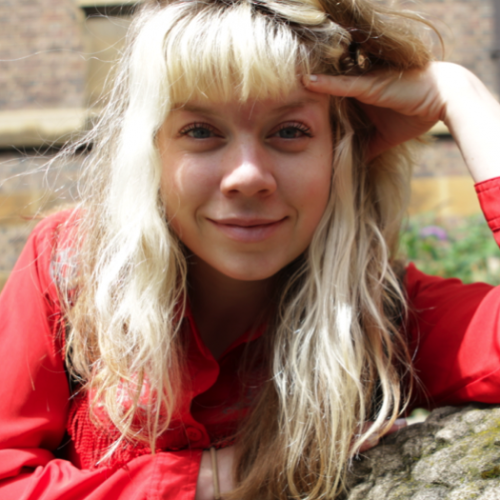
Britt Wray is currently completing a PhD at the University of Copenhagen in the Dept. of Media and Communication Studies. Her project investigates science communication in synthetic biology, and uses that research to make media for broadcast that experiments with interdisciplinary experimentation itself. Britt develops media and art projects and researches and educates (in universities, communities, companies) about biotechnologically-driven change in the human and non-human living world, particularly as it relates to synthetic biology.

John McCarthy studied Biochemistry in Oxford and began his research career studying the biochemistry and biophysics of electron transport–dependent ATP synthesis. In subsequent years in Germany he switched to research on mechanisms underpinning the control and regulation of gene expression and became a Dept. Head in one of Germany’s Federal Research Institutes. John moved to Manchester in 1996, where he was Head of the Department of Biomolecular Sciences at UMIST 1998-2000. He took on leadership of the Manchester Interdisciplinary Biocentre project in 1998, and was Director of this institute from 2004 until 2010, when he moved to become Head of Life Sciences at the University of Warwick. John was the recipient of a Wolfson-Royal Society Merit Award in 2002, and was awarded a BBSRC Professorial Fellowship in 2007. He has organised many international scientific conferences and international postgraduate training courses and was one of the founding Editors of the RSC journal Integrative Biology. His current research interests include rate control and noise in the eukaryotic gene expression pathway, and a range of synthetic biology projects.